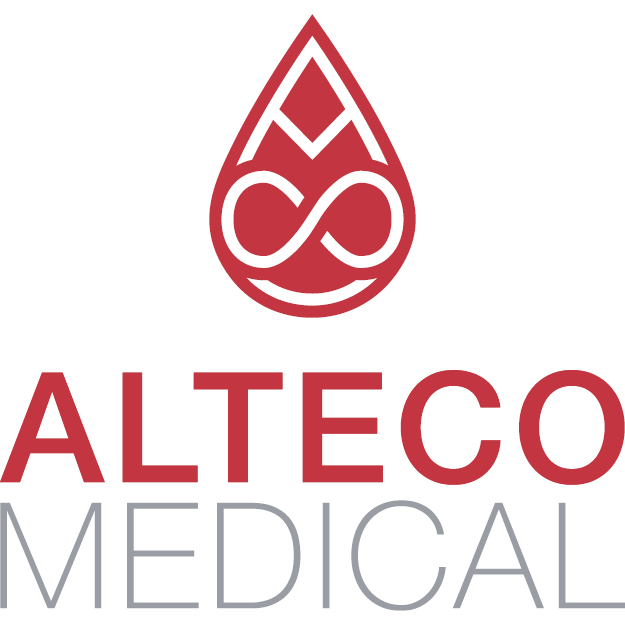Science database


Alteco Medical AB • Höstbruksvägen 8 • SE-226 60 Lund • Sweden
T +46 46 32 86 00 • info@altecomed.com
© 2025 Alteco Medical AB


Alteco Medical AB • Höstbruksvägen 8 • SE-226 60 Lund • Sweden
T +46 46 32 86 00 • info@altecomed.com